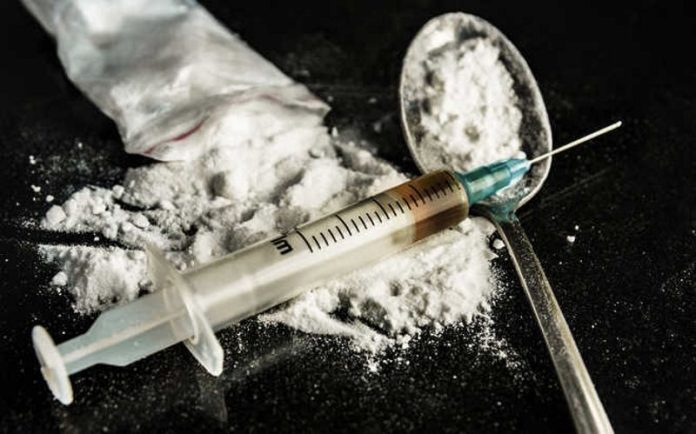The administration in Jammu and Kashmir is employing inclusive policies to make significant changes in society. The latest attempt comes over the control of drugs in J&K. In a significant move, some 40 Imams have been roped in by the administration to fight the drug menace. These Imams along with other members of the community were called in a training programme organized by Civil Society Forum Kashmir in collaboration with Crime Branch of Police and Youth Development and Rehabilitation Centre (YDRC) at Government Polytechnic College in Srinagar.
New Approach
Reportedly, Dr Muzaffar Khan, head of YDRC, who is also a clinical psychologist had said, “The initiative aims at taking this movement against drug de-addiction outside the centres into society and connect it with Imams and mothers.” The idea behind involving Imams is the significant respect they hold in society.
As per Dr. Khan, “The Imams are an important part of our society and no one among us matches their status in the community or home. There is acceptance of their word in the community. That is why all the Imams in Srinagar or in rural areas need to be empowered and trained to understand drug addiction and how it is identified. And they also need to be told what advice they would give to those mothers and parents whose homes have been affected by drug abuse.”
The terror climate which endured decades devastated the socio-economic fabric of the society. The youth of J&K had little constructive to invest their time in, and as a result, their boredom, unemployment and anxiety pushed them towards drug and intoxication.
Now that the horrible terror climate is nearing its end and bright future lies ahead, this drug menace is actually a serious concern that needs urgent treatment. The problem becomes more serious considering Pakistan as, with its filthy instability instigating tactics it would see this nothing less than an opportunity.
J&K becoming the drug hub of India
Earlier some studies revealed that J&K surpassed Punjab in drug abuse cases. This speaks volume about the existing problem. According to the Parliamentary statement made by the Union Minister of Social Justice and Empowerment, the toll of drug addicts in J&K has crossed a staggering one million mark. The cannabis consuming population is about 1.44 lakhs while that of opioid is shockingly highest with 5.42 lakhs. About 1.68 lakh people use sedatives. About two lakh individuals use other drug addiction substances including cocaine, inhalants, and hallucinogens.
The number of women drug addicts has also increased in past years. Some reports tell that one out of every four Kashmiri is a drug addict. Additionally, one drug addict visits every 12 minutes in Valley’s biggest Drug De-addiction Centre at SMHS Hospital in Srinagar.
Considering this, the administration and security officials remain vigilant. To fight this menace, various initiatives have been taken up so far. In October last year J&K health department started drug de-addiction facility in all the district hospitals, where a significant number of addicts visit on a daily basis.
YDRC’s Dr. Muzaffar Khan during a recent public address emphasised more people-centric approach and engagement of women to make de-addiction, successful. He also emphasised the need of preventive screening of youth. Regarding preventive screening, the J&K Police Public School (JKPPS), Bemina, in Srinagar became the first school in the Valley to implement a drug policy, which focuses on random screening of students annually.
Pak instigated menace for terror funding
But the main problem is the easy availability of the drug which is kept intact through continuous pumping in by Pakistan. Pakistan carries out constant infiltration of drugs via the Valley’s Kupwara and Baramulla districts, less-used other drugs such as brown sugar, cocaine, and marijuana are also readily available within the Valley and even in parts of Jammu.
Highlighting it, former DGP, Dilbagh Singh had earlier said, “New methods like drones, tunnels, school- or college-going children, and housewives as conduits are now being used for smuggling. The types of drugs involved are varied, ranging from heroin, opium, and cannabis to medical opiates like cough syrup and neurotoxic tablets.”
He also highlighted that Pakistan, and its agencies are pushing drugs here to generate funds for terror activities. As a result, Security forces have thwarted various narcotic modules and have taken significant actions in that direction. 8000 kg of drugs had been destroyed, 2000 cases registered, and around 3000 individuals arrested under the NDPS Act in the past year.
The administration has also attached the properties of some drug peddlers in Jammu and Kashmir in the past. However, the efforts still fall short in front of the faster pace, this menace is growing and hence there is a need for a more citizen oriented approach to deal with the drug problem once and for all. Considering this the inclusion of Imams and women is a significant step that can yield desired results

